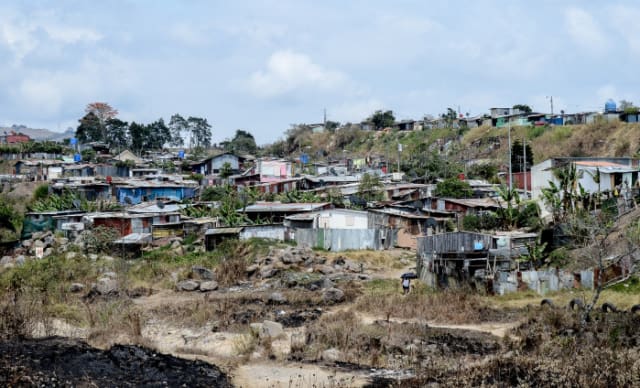Potential property owners are likely quite familiar with property taxes. However, a relatively newer tax has hit the real estate market that you should keep in mind should you consider purchasing property in Costa Rica. It’s called the Impuesto Solidario para el Fortalecimiento de Programas de Vivienda (roughly translated as the Solidarity Tax for the Strengthening of Housing Programs), and it entered into force in 2009. It is up for renewal in 2020.
All homeowners in Costa Rica must pay the property tax – this we hope goes without saying. But if your home is valued at ₡117 million ($234,000) or higher, you will be subject to this “luxury home tax.” You can register and pay the tax by filling out “Form D-179” online at the Tax Administration website, or you can print the form to file with authorized agencies and banks.
The tax operates on a sliding scale, requiring properties to pay between 0.25 and 0.55 percent extra depending on the value of your home. The maximum 0.55 percent is for houses valued at just under $3 million.
While the additional tax might make those considering the real estate market in Costa Rica groan, you can at least rest assured that the proceeds go to a good cause — low-income housing. The official name of the tax might have tipped that off.
Though Costa Rica is one of the wealthier countries in Central America, poor neighborhoods exist and many Ticos continue to find themselves below the poverty line. The hope is that this tax will help rectify the problem.
Costa Rica’s annual tax deadline is Jan. 15, which includes your responsibility to pay the luxury home tax if you fall within the bracket. Those who fail to pay this tax on time can expect to find additional fines with an interest rate of 13 percent.
Chin up, taxpayers. If you’re reading this and the situation applies to you, be thankful your problem is “luxury” and that you’re not on the other end of the spectrum waiting for the fund to be filled so you can have a reasonable home.

